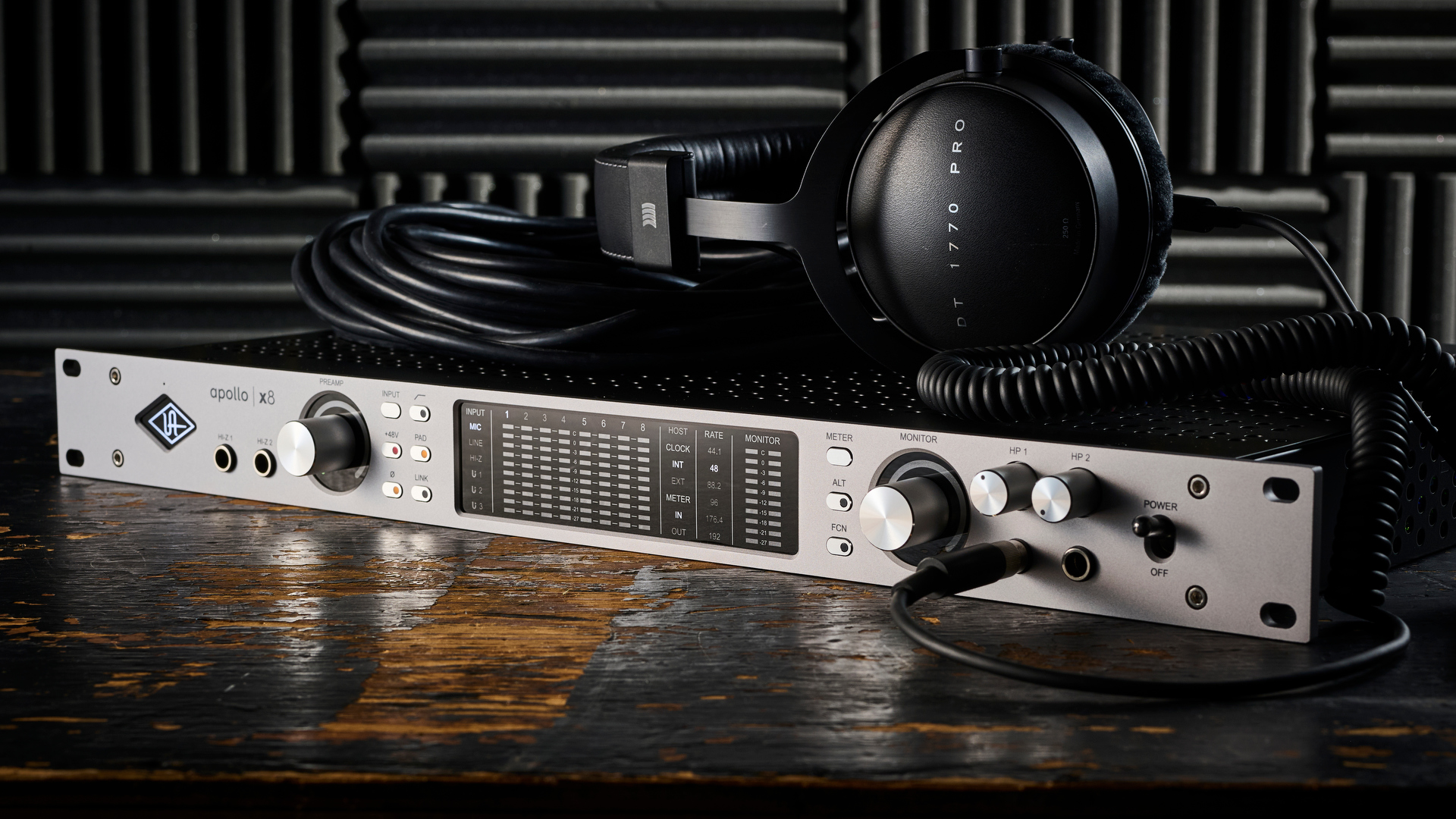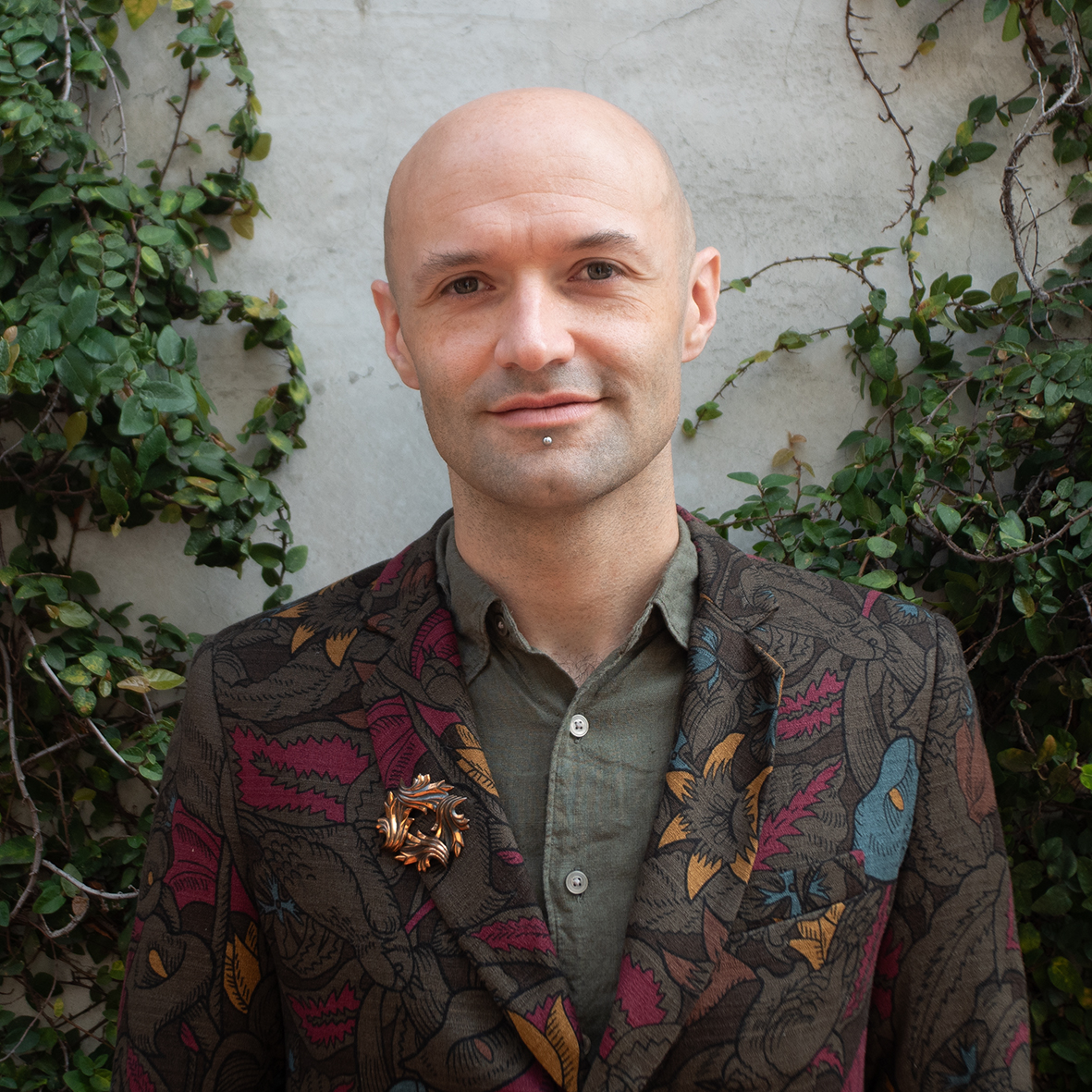“I almost think of it as audio archaeology”: Universal Audio CEO Bill Putnam Jr on the brand’s decades-long quest to capture the spirit of classic studio gear in software
With the launch of a new generation of Apollo interfaces, one of the music tech industry’s most iconic brands shows no signs of slowing down
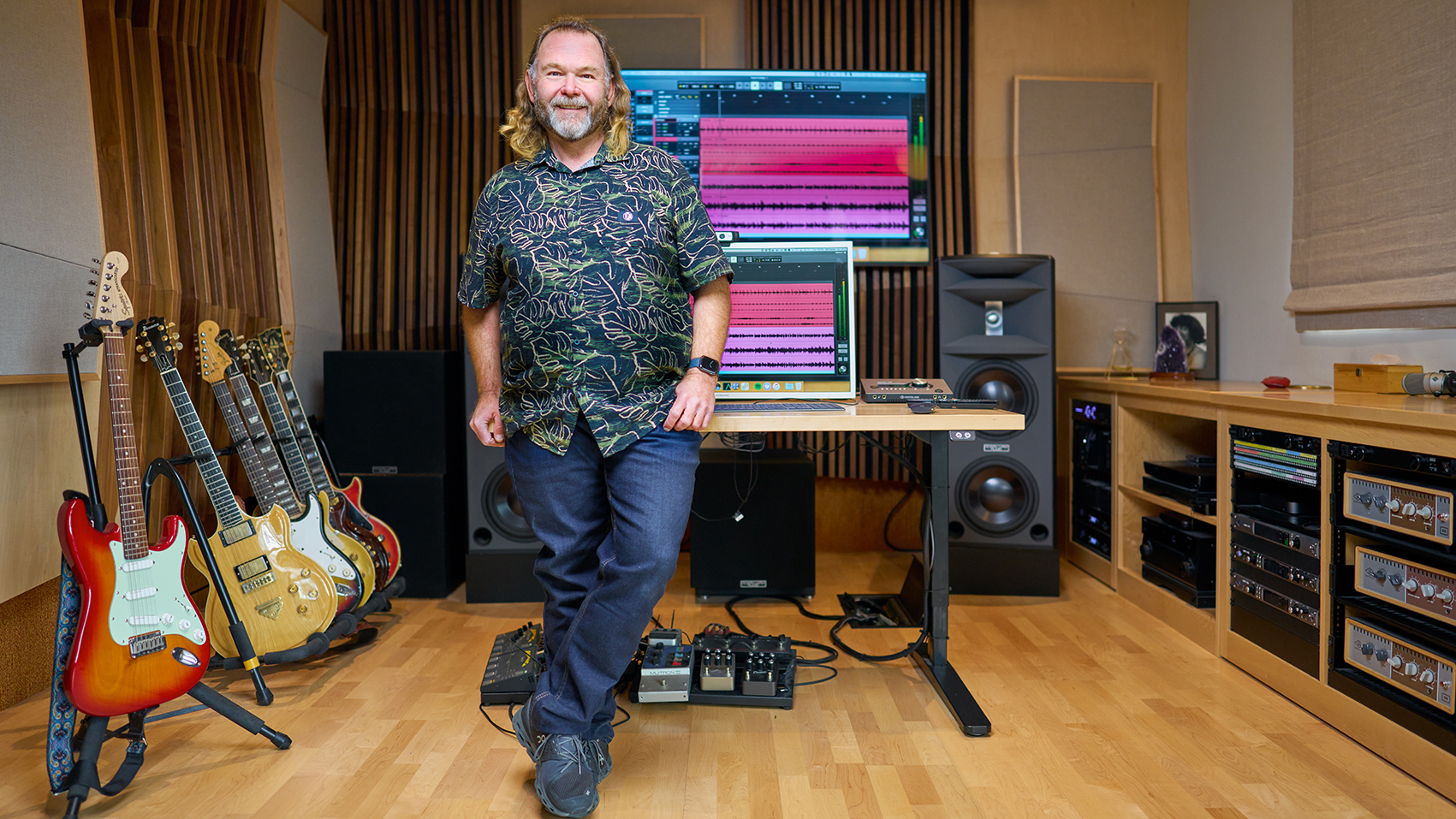
Bill Putnam Jr has a curious relationship to history. As CEO and co-founder of a reborn Universal Audio, he’s managed to preserve and expand a music technology brand whose legacy stretches back to the dawn of modern recording.
At the same time, he lives and breathes innovation – spending over two decades at the cutting edge of studio hardware and software. “I’ve always felt a tremendous responsibility to do things right,” he concedes. “To honour the past, but to push it into the future.”
Of course, there is very little daylight between these two sides of Universal Audio. The original company was founded in 1958 by Bill Putnam Sr, a towering figure in music history who pioneered everything from artificial reverb and vocal booths, to still-essential hardware like the iconic 1176 compressor. Since its re-founding in 1999 under Putnam Jr’s leadership, the company has sought to build on its analogue foundations while retaining that early spirit of invention.
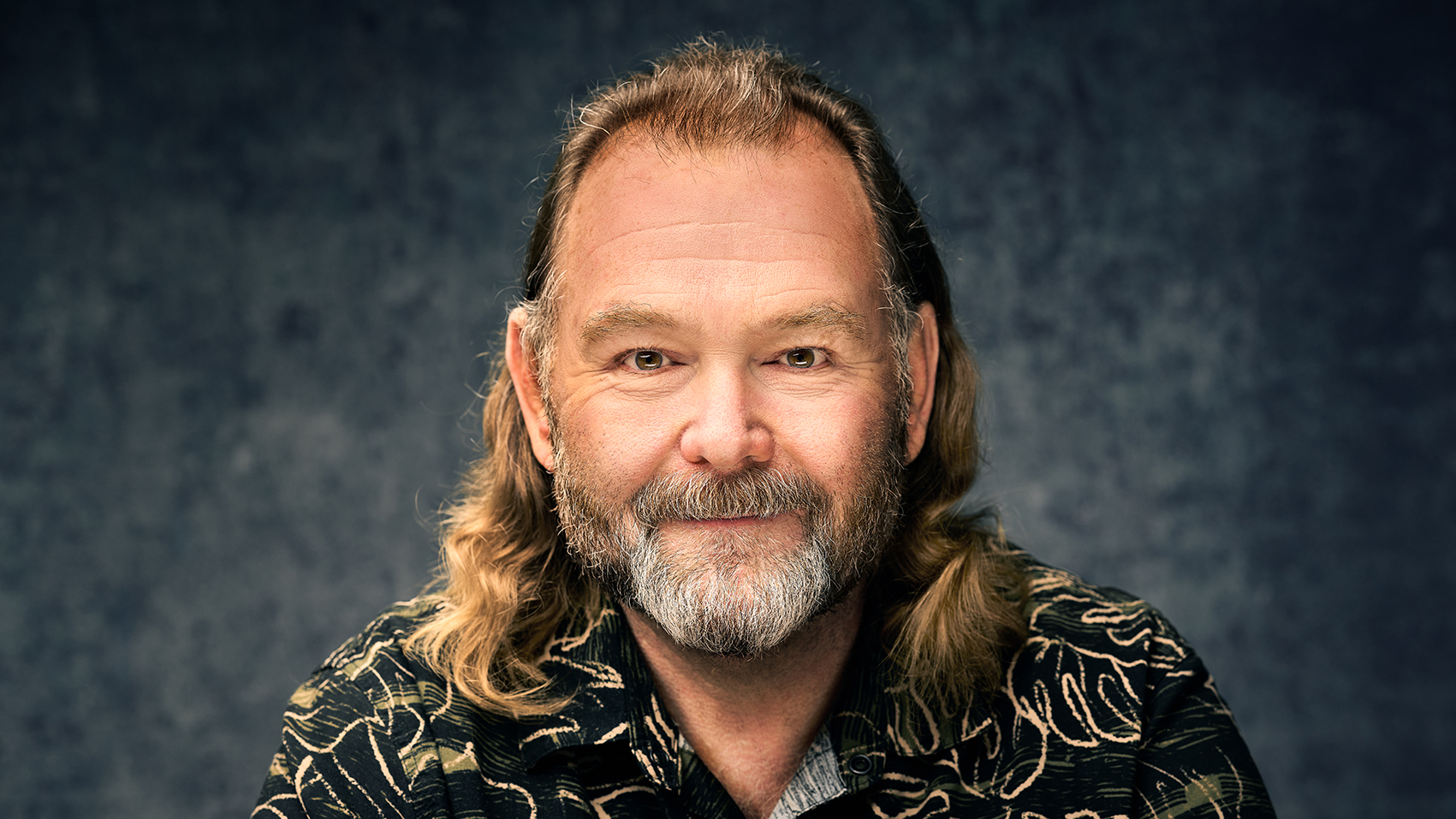
“Our vision is all about bringing hardware and software together,” Putnam Jr remarks. “Bringing analogue and digital together in a well-integrated form where any one product works great, but, when you bring the products together, they work even better.”
It's an ethos that’s on full display in the company’s recent salvo of product announcements – the centrepiece of which is the second generation of their highly acclaimed Apollo X line. “These are the best sounding Apollos ever, in a number of ways,” Putnam Jr says. “We've long been known for vintage tones, but here we really focused on transparency and accuracy across the entire line. Noise, total harmonic distortion, dynamic range, and headphone monitoring are all seeing notable improvements.”
Beyond improving the analogue sound quality, Putnam Jr also points to a series of workflow and quality of life features, including a collaboration with Sonarworks to offer monitor correction running directly on the interface’s DSP, a bass management system, an assistive auto-gain function, and new plugin bundles for the Apollo’s Unison preamp.
Want all the hottest music and gear news, reviews, deals, features and more, direct to your inbox? Sign up here.
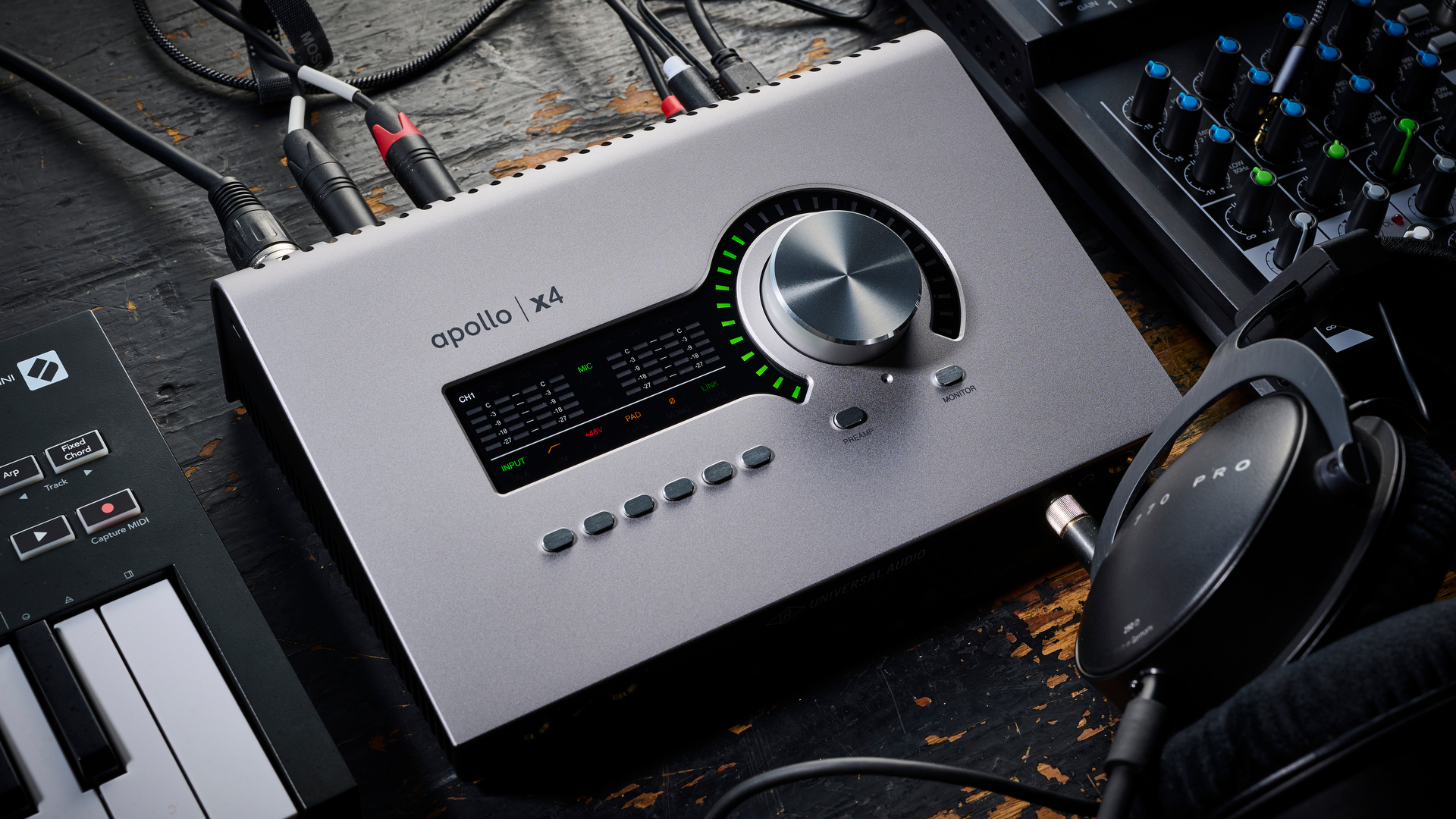
“Going back to the forties and the fifties, it was all about being quick,” Putnam Jr emphasises. “My dad made gear that was easy to use – you wanted to be able to reach over, find the knob, and turn it while looking at the musicians in the studio. So features like auto-gain, placed in that context, are just one more thing to make it easier for producers or recording engineers to focus on the music and less on the gear.”
In a similar vein, the company has simultaneously released its new Topline Vocal Suite, an all-in-one vocal processor that combines EQ, compression, pitch correction, and a selection of studio effects. “I talk to some folks who say ‘you're dumbing things down, you're letting them cheat,’” Putnam Jr says of the new plugin. “But, we aren't sacrificing any quality – we're just making it easier to use and putting it all in one place. I think it opens up an amazing palette of sounds for folks who maybe don’t have the experience yet to tweak ten different things in order to get it exactly right.”
While Putnam Jr sees value in offering streamlined tools for all ability levels, that doesn’t mean he’s lost interest in the nitty-gritty, nerdy details of audio gear – far from it. Over the years, he’s brought a near-obsessive attention to detail to Universal Audio’s pioneering software emulations of classic studio gear.
It's deeper than just picking out the unit, that’s just the start. We go into the genealogy of these devices
“I almost think of it as audio archaeology,” he smiles. “It's deeper than just picking out the unit, that’s just the start. We go into the genealogy of these devices, because a lot of times there'll be a certain tweak, or a certain modification that was used and we want to find out about that. So, whether it's guitar amps or a Fairchild compressor, we'll talk to artists and producers to hear how it was used or abused, and make sure we’re representing the sound it was known for.”
As an example of how far the team at Universal Audio are willing to go for an authentic sound, Putnam Jr cites the Hitsville Reverb Chambers plugin, which faithfully recreates the acoustics of three attic spaces built by Pop Gordy, father to the legendary Motown producer, Berry Gordy. “We went and found the engineers and producers that were there in the seventies, flew them in, met with them, and recreated the whole thing,” Putnam Jr recalls fondly. “It gives me goosebumps thinking about that. It’s what makes our industry so cool; it's not just about making gear or gadgets, it's about making things that were a big part of musical history.”
Putnam Jr’s palpable love of the industry’s storied past might be explained by the simple fact that he lived through it – but didn’t fully appreciate its importance at the time. “Right over there, I'm looking at an autographed picture of Duke Ellington,” says Putnam Jr, pointing to the back wall of his unassuming office. “He gave that to me when I was five years old. I treasure it now, but I didn't realise how amazing it was back then. Going to the studios, getting to meet artists, it just felt very normal.”
My mom also came from a musical background. She worked at Capital Records, she worked for Frank Sinatra, she knew how to edit tape with a razor blade
Frank Sinatra, Ella Fitzgerald, and Ray Charles are just a handful of the artists that Putnam Jr’s father regularly worked with during his heyday at the top of the recording industry. But it wasn’t only his father that brought music into the household. “My mom also came from a musical background,” Putnam Jr recalls. “She worked at Capital Records, she worked for Frank Sinatra, she knew how to edit tape with a razor blade, she could mix. Our whole family was musical.”
It was the unexpected loss of his mother in the early 1980’s that pushed Putnam Jr off the path to a PhD in physics, and helped him rediscover music for himself. “My dad was kind of crushed,” he reflects. “He sold the companies, and I dropped out of school for a while and took off.”
During those wanderings, Putnam Jr began following the Grateful Dead as they toured across America. “I'd always grown up with music but I didn't realise how special it was until I went out on my own and rediscovered it myself,” he muses. “I saw this tribe of humans that was just captivated.”
That experience not only helped Putnam Jr appreciate the power of creativity, it also ignited his passion for music technology. “[Grateful Dead] really pushed the limits technically,” he emphasises. “From their original experiments with the Wall of Sound to using Hi-Fi amps instead of typical guitar amps, they really were at the forefront and were always pushing it further. I saw firsthand how really high quality sound could move people, and I came back from that just thinking, ‘I know what I want to do now.’”
A week after returning from the tour, Putnam Jr says he switched his major to electrical engineering, eventually completing a PhD at the Center for Computer Research in Music and Acoustics at Stanford – the same institute that gave us FM synthesis, the DX7, and the foundations of virtual analogue modelling.
My vision was: ‘why can't we get digital to sound every bit as good, vibey, and warm as analogue?’
By the late 90’s, after dabbling in an internet radio company, Putnam Jr says he and his brother, Jim Putnam, began discussing the possibility of taking up their father’s legacy. “We were talking about what opportunities were out there, and it soon just became obvious – let's restart Universal Audio.
“My brother was all about the analogue,” he continues. “He was an aficionado and purist at the time, and my vision was ‘why can't we get digital to sound every bit as good, vibey, and warm as analogue?’ The synthesis of those two points of view were the inception of the new Universal Audio.”
Naturally, it wasn’t quite as simple as all that. Putnam Jr says he initially underestimated the complexity of the undertaking – something that quickly changed when tackling the reissue of one of his father’s most famous creations, the 1176 compressor. “I wasn't mature enough to think that there were going to be surprises,” he says ruefully. “I thought we could hit the ground running and have 1176’s shipping within six months of starting to design it.”
From sourcing obsolete components, to updating custom transformers designed by Putnam Sr, to grappling with the oddities of the 1176s distinctive approach to feedback compression, the project very nearly hit a brick wall. “We were just having endless problems with this ringing sound,” Putnam Jr recalls. “We'd put a square wave through and you could see the ringing. One day, I was sitting at the bench with the engineer, we're looking at the ringing, and getting to the point of throwing our hands up, and along comes someone who had my dad's old design notebooks.
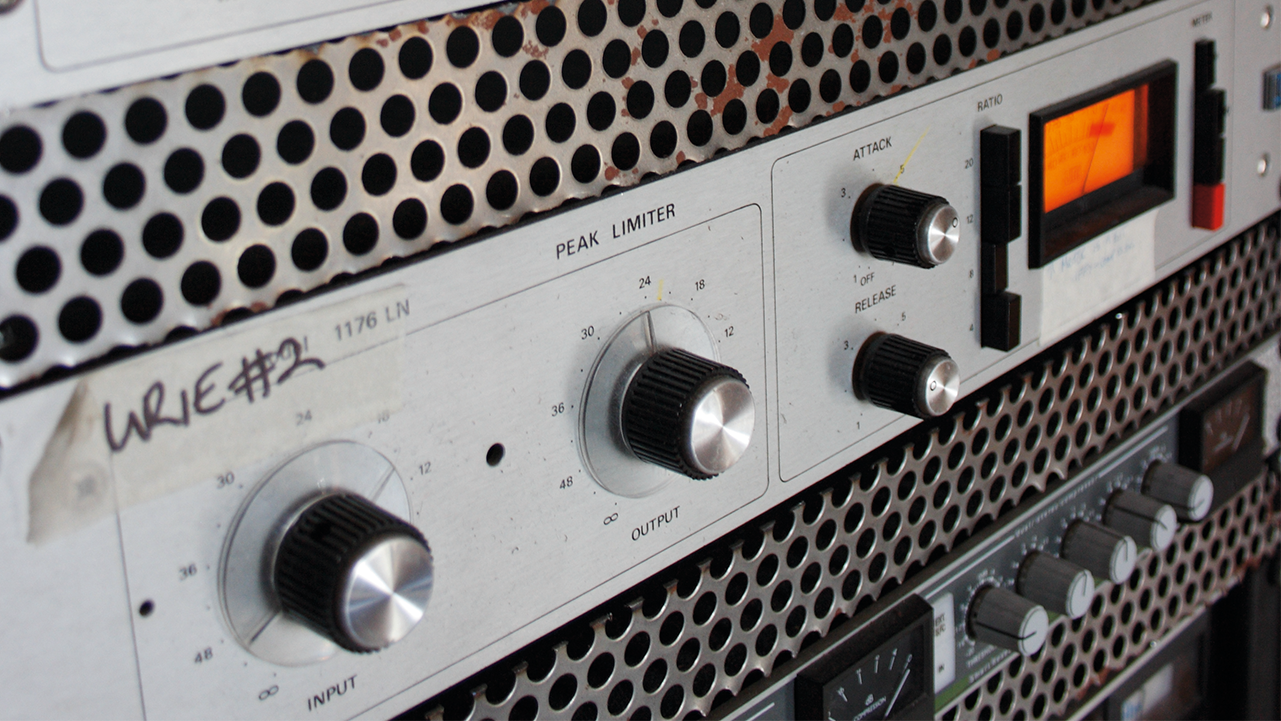
“Sure enough,” he continues. “I opened up the 1176 design notebook, and there are these polaroid pictures of an oscilloscope with square waves and the exact same ringing that we were seeing… and notes on how he fixed it. So it’s like he came back from the past to help us out.”
Since those first hardware re-issues started to ship, Universal Audio has moved in parallel to deftly define new frontiers in recording technology. Their UAFX guitar pedals, microphones, and Unison preamps offer a seamless blend of analogue hardware and digital emulation, and with the release of their own fully featured DAW, Luna, the company is increasingly offering a comprehensive music production ecosystem.
This kind of deep integration, Putnam Jr says, has been a company goal from the earliest days. “We've been doing this for north of 25 years, and we're just now really putting together some of the core elements of our vision. Luna and Apollo, the integrated features, the workflow benefits and the speeding up of creativity, these are the things we wanted to be able to do.”
Playing the long game is all part of how Universal Audio maintains its delicate balance between change and continuity, legacy and innovation. Putnam Jr readily admits that maintaining this equilibrium is a “constant struggle”, but a key ingredient to their success, he says, has been the decision to remain a private company rather than seek outside investors.
“No one gets to tell us what we need to do,” Putnam Jr says with clear satisfaction. “With external forces and investors, what can sometimes go wrong is your long-term ambitions and visions are sacrificed for short-term gains. You’re focused on a quarter rather than a decade.”
As Putnam Jr looks ahead to the next decade, the topic inevitably turns to the AI boom. Even though he studied neural networks back in his undergraduate days, and has followed developments in AI closely, the speed at which the technology has progressed stunned even him. “I really went through an existential moment about what it means,” he confesses. “It really begs the big questions about what creativity is. But, I realised that most of the people in this industry do it because they love it – and that the product companies like Universal Audio sell is not the thing that is used to make music, it’s the experience of making music. The experience is the exciting thing, and that's not going to go away.”
In speaking with Putnam Jr, it gradually becomes clear that his centre of gravity is not hardware specifications, not software innovations, and not even commercial concerns. These things are necessary, but ultimately exist in service to what really excites him: creativity. “Ultimately, it's about the music,” he says. “The gear is just a tool to help music makers manifest their creativity and get to whatever that sound in their head was.
“It’s not about us,” he continues. “A piece of art that’s made with honesty, sincerity, and intention makes the world a better place. The fact that we can play a small part in that bigger picture of artistic expression, that's what makes it worthwhile. That's what makes us want to get up every day and come to work.”
Clovis McEvoy is a freelance writer, composer, and sound artist. He’s fascinated by emerging technology and its impact on music, art, and society. Clovis’ sound installations and works for virtual reality have been shown in 15 countries around the world.
